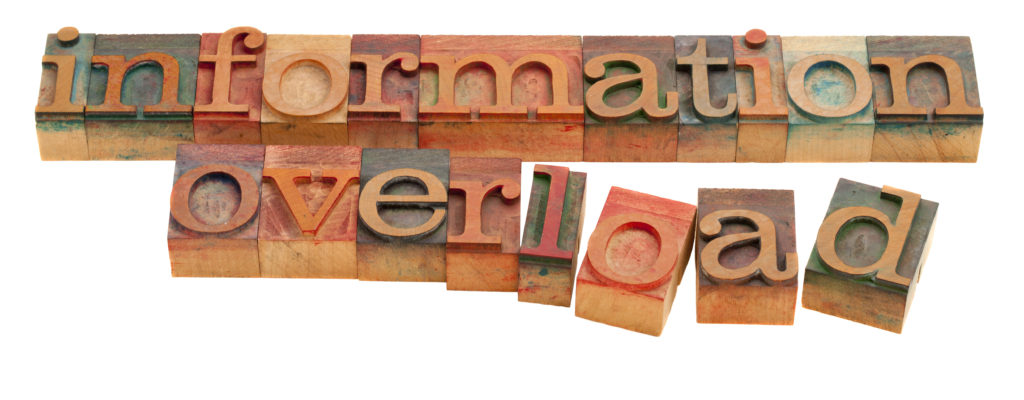Today I wanted to talk about difficult situations in marriage. How would God have us deal with things like adultery, abuse, or addictions? I believe that loving someone does not mean that we tolerate everything they do. Just as Jesus doesn’t leave us the way He found us, we should help those we love be better people. Sometimes that means we must hold them accountable. To do that I say, love must be tough.
One of the first things I need to say here is that I am not a feminist. My husband is the head of our home and I am quite happy with that. He is not perfect but I know and trust that he has the best in mind for each of us. His intentions are good. For some people they cannot say that about their spouse. Some people are not able to trust that their spouse or relative or friend has their best in mind. And that is where we are in this discussion today.

Love Must Be Tough
Years ago, I read a book by James Dobson called “Love Must Be Tough”. It is a book written for marriages in crisis due to extra-marital affairs, abuse, alcoholism, emotional indifference, etc. It is aimed at the person who is wanting to save their marriage and family from destruction or divorce. The take away that I most gleaned from this book at the time was that a confrontation with laid out consequences was what was most needed to save a marriage. Playing nice and letting the spouse in sin do whatever they wanted was a recipe for a destruction in the long run. A confrontation may have a big blow up but produced better results for couples long term. That’s why “Love Must Be Tough”.
It takes courage, self respect, prayer and wise counsel to stand up to adultery, abuse, or sin. Sometimes the most loving thing a person can do is to confront sin, to hold a person accountable for their actions. Love sometimes needs to wake someone up and stop them from hurting themselves and the ones they love.

Submission Theology
So, where does a wifely submission theology fit in here? The thing is, is that the scriptures that people use to talk about submission spend more time talking about a husband loving his wife than it does about a wife submitting to her husband. The passage also starts with telling spouses to submit to each other. Is the husband loving his wife as Christ loves the church if he is unfaithful, abusive or involved in dangerous behaviours, etc?
Ephesians 5:20-33 (NKJV)
20 giving thanks always for all things to God the Father in the name of our Lord Jesus Christ, 21 submitting to one another in the fear of God.
22 Wives, submit to your own husbands, as to the Lord. 23 For the husband is head of the wife, as also Christ is head of the church; and He is the Savior of the body. 24 Therefore, just as the church is subject to Christ, so let the wives be to their own husbands in everything.
25 Husbands, love your wives, just as Christ also loved the church and gave Himself for her, 26 that He might sanctify and cleanse her with the washing of water by the word, 27 that He might present her to Himself a glorious church, not having spot or wrinkle or any such thing, but that she should be holy and without blemish. 28 So husbands ought to love their own wives as their own bodies; he who loves his wife loves himself. 29 For no one ever hated his own flesh, but nourishes and cherishes it, just as the Lord does the church. 30 For we are members of His body, of His flesh and of His bones. 31 “For this reason a man shall leave his father and mother and be joined to his wife, and the two shall become one flesh.” 32 This is a great mystery, but I speak concerning Christ and the church. 33 Nevertheless let each one of you in particular so love his own wife as himself, and let the wife see that she respects her husband.
There are times when a person may feel caught between a rock and a hard place. Do I submit to my husband and let things go, or do I confront (and be un-submissive) and stand up to his sin? You may feel that either way, you would be in the wrong. It is a no win situation! The question here that I think is important is this, “Ultimately, who do you answer to?” Is it God or your husband? And remember your husband himself must answer to God!
I don’t want to assume that the abuser is always male but I felt the need to talk about submission. Statistically speaking, women are committing adultery as much or more than men in our culture at present. Abuse by women towards their spouses occurs but is less often reported. It is however, still an issue to the victim and to God even if it is not popular to talk about or address.
Enabling
What I am talking about here is enabling. Putting on a good face for everyone and making the best of a bad situation while you’re dying inside because someone you love is making horrible choices is not a pathway to change. Now don’t get me wrong here, God does perform miracles in people’s lives through our prayers. But unfortunately, many people need to face the consequences of their actions and reach their rock bottom sometimes before real change occurs. You can’t love a person into change, they have to want to change. Generally speaking, people only change when they are uncomfortable enough with the situation they are in, that they are forced to do something about it.
Matthew 18:15-17 instructs us as believer’s how to confront sin in our brother in Christ. “If your brother sins against you, go and tell him his fault, between you and him alone. If he listens to you, you have gained your brother. But if he does not listen, take one or two others along with you, that every charge may be established by the evidence of two or three witnesses. If he refuses to listen to them, tell it to the church. And if he refuses to listen even to the church, let him be to you as a Gentile and a tax collector.” I am not suggesting that we beat people over the head or shame them but confront in love. Galatians 6:1 states, “Brothers, if anyone is caught in any transgression, you who are spiritual should restore him in a spirit of gentleness. Keep watch on yourself, lest you too be tempted”. The goal of restoration of family is important but our primary concern should be for their soul to be restored to right relationship to God and sin overcome in their life.

Seek The Face of God!!!
I am no counsellor and would never tell a person what to do in their personal lives. If you or someone you love is in a difficult place prayerfully consider what God would have you do. Seek help and wise counsel (preferably someone trained in the area of your need, like a counsellor, etc) and surround yourself with support. I myself would find this type of confrontation extremely difficult. I hate confrontation and generally do not handle it well. That is why I do not say these things lightly. I know that these situations are unpredictable and there is a chance things may not turn out the way we would hope. That is why it is so important to seek the face of God for direction in personal circumstances.
The Church and Abuse
I do feel we as Christians need to step back and look at how we deal with people who are victims of abuse, adultery, addictions, etc. What are we telling them to do? Are we putting the responsibility for saving a marriage, a family on the shoulders of those in sin or on those who are the victims of the sin? I think we have been so focused on quick reconciliation and forgiveness that we may not protect or assist the vulnerable as we should. Jesus loves the victim and the perpetrator but He does not condone abuse and calls us to take care of the “widows and orphans”. This would ultimately include those hurt by the people who are called to love them the most. We do not want marriage to be an idol where we lift it above everything else God would want such as true repentance, justice for victims, stopping abuse, protecting children and the vulnerable, etc.
Some Resources
Sarah McDugal has co-written a book called “Safe Churches”. The book aims to assist and educate churches to better deal with abusive situations, biblically, legally, and responsibly. Her website also provides some great materials for women in crisis. Here is a link to her materials: www.wildernesstowild.com/members/posts. A couple of helpful thought provoking conversations I heard between Elizabeth Johnston and Sarah McDugal occurred on Elizabeth’s podcast. Please listen to this, it is so good. Here is the link for two of their conversations: elizabethjohnston.simplecast.com/episodes?fbclid=IwAR2USEP6yOGVAxELnLj34uCwSqmkDtuPy327C1AHGTVkNaFJeznJS-qfLkQ



